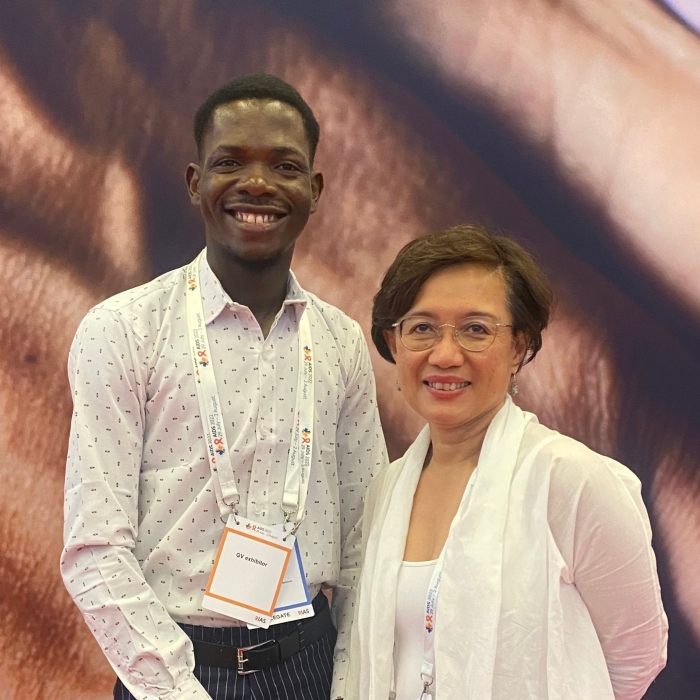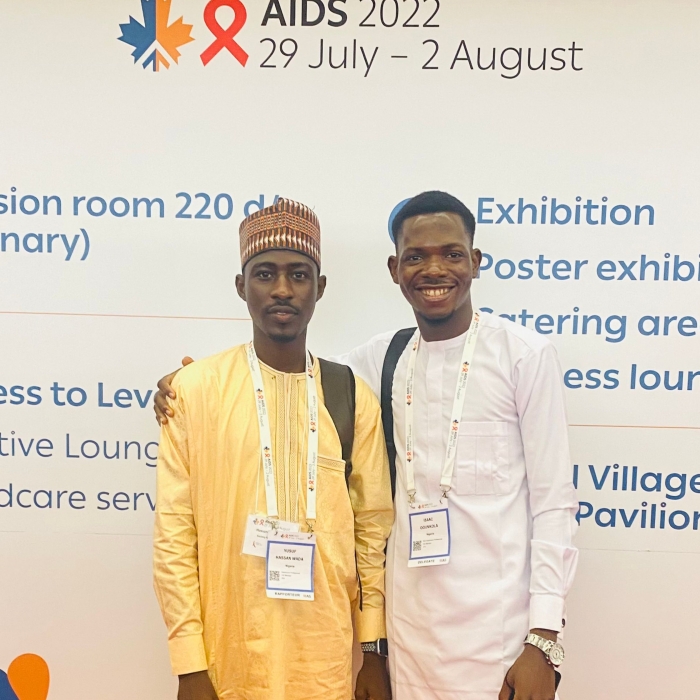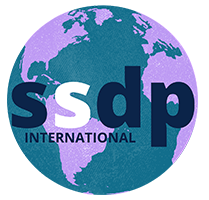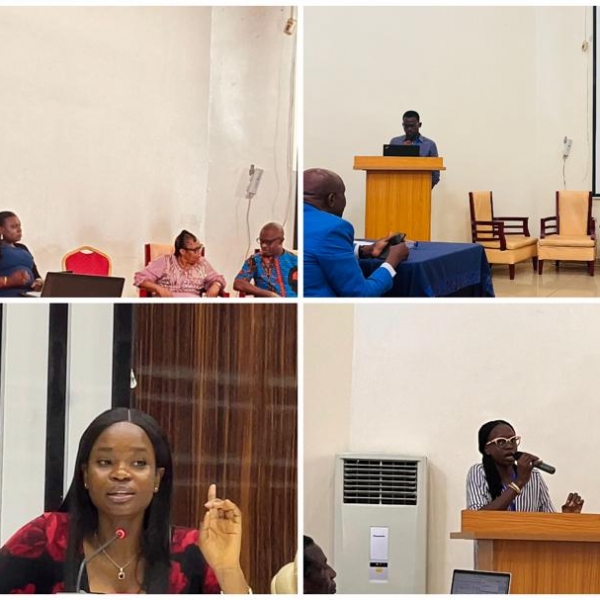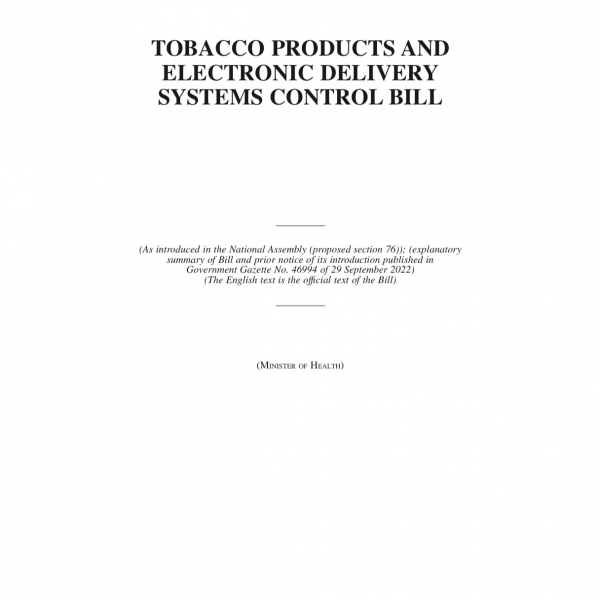My AIDS 2022 Experience: Following Science Over Politics and Ideology
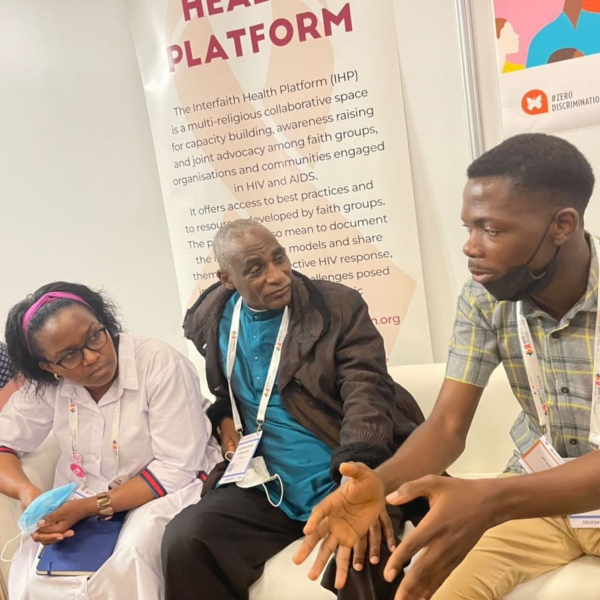
Introduction
In order to accommodate as many people as possible, the world's largest conference on HIV and AIDS was hosted both physically and virtually in Montreal, Canada, for the first time. Over 10,000 participants from all over the world gathered at the 24th International AIDS Conference, AIDS 2022, to embrace and recommit to science. In addition to efforts to create an HIV vaccine and cure, long-acting medications, differentiated care models, community-led research findings, monitoring and innovations in service delivery, and studies of structural and economic determinants of health were all presented at the conference and critically discussed. The conference also acts as an incubator for the next generation of HIV researchers, clinicians, and other service providers and activists through focused networking, mentorship, and leadership opportunities. The International AIDS Conference is organized by the International AIDS Society. It is held every two years.
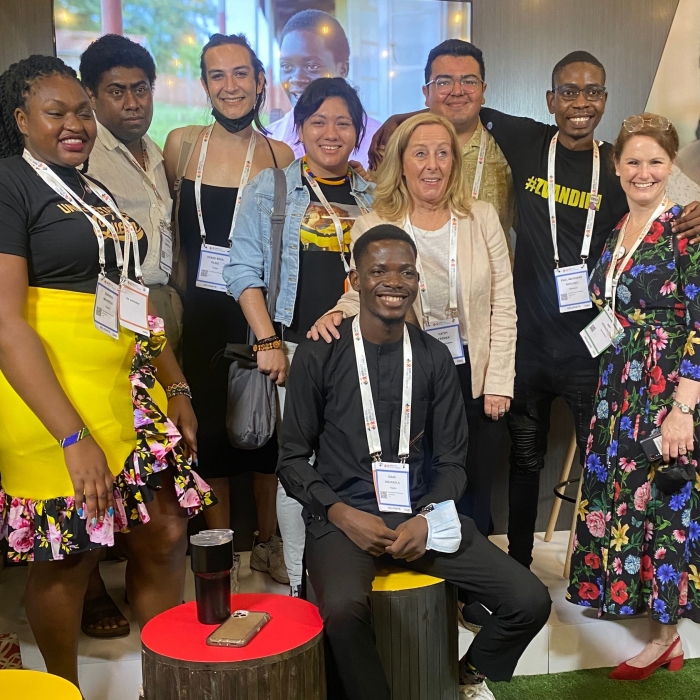
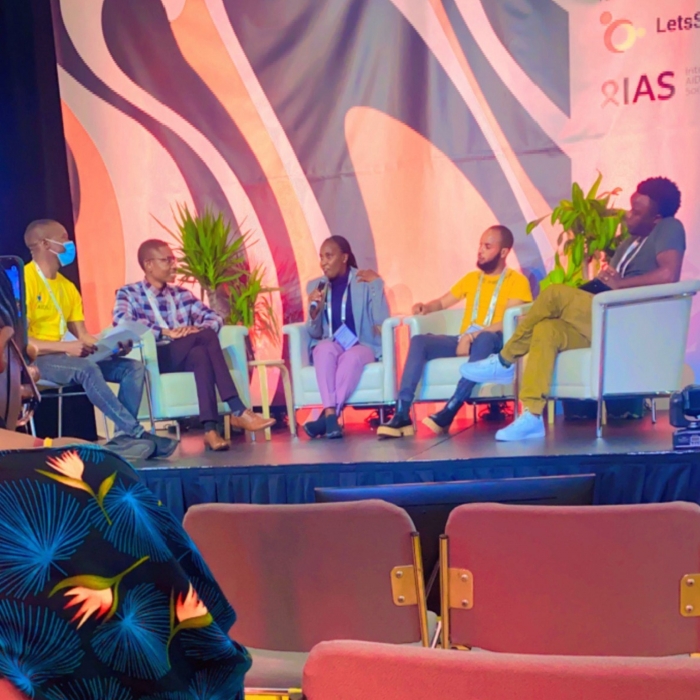
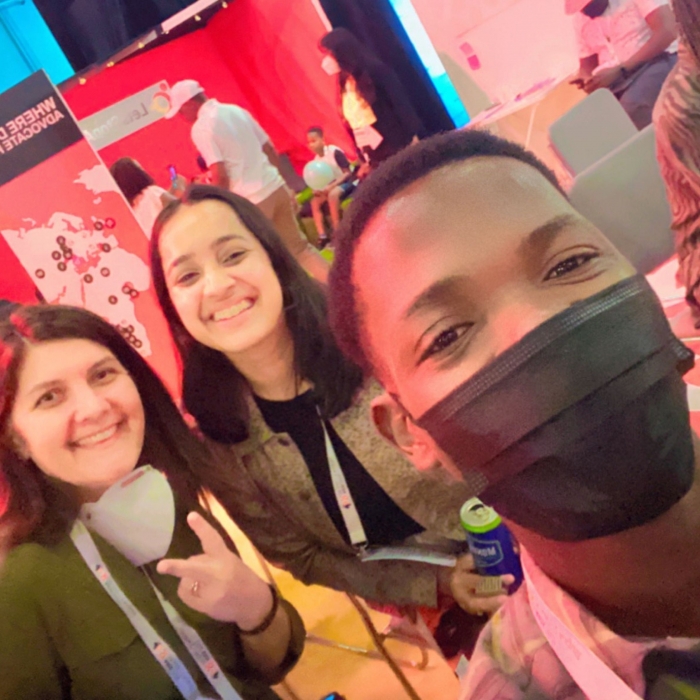
Highlights From The Conference
The release of UNAIDS' new study, In Danger, was one of the pre-activities that took place during this year's AIDS 2022 conference. The report was released in advance of the international AIDS conference in Montreal, Canada.
The report gave a critical outlook on the AIDS global response citing how COVID-19 has impacted this response. The AIDS and COVID-19 pandemics, as well as the economic and humanitarian crises, have increased the threat to the worldwide HIV response over the past two and a half years. Numerous global instabilities, including COVID-19, have disrupted health services, and the absence of millions of students has increased their HIV vulnerability. The AIDS response is in grave danger, according to these facts. The achieved successes over the years may likely go down the rail if necessary responses are not geared up. Also, inequalities were cited depicting the viral suppression gap between the richest and poorest quintiles as substantial. This report re-emphasizes the need to investments new investments to end AIDS by 2030.
A protest group interferes with the opening ceremony of the AIDS 2022 conference. The slogan "Another minute another death AIDS is not over" was being chanted by the demonstrators holding placards. The widespread denial of visas by the Canadian government, which prohibited those from the countries most severely affected by HIV, TB, and HCV from attending the meeting was condemned by the Canadian activists.
The Harm Reduction Components
Chemsex: In one of the sessions during the conference, presenters showed innovations around chemsex that were put into practice by concerned communities to stop the spread of drugs, reduce overdoses, train peer educators and healthcare professionals, provide support services, and study the needs of the most impacted communities. These organizations have been able to show creativity by utilizing new technology and forming creative relationships with partners in the public and commercial sectors as well as other stakeholders, drawing on the lessons and best practices surrounding harm reduction. The key lesson from the session is that; Drug injection is a practice that is becoming more widespread among those who use psychoactive substances in a sexual setting and is connected to 10% of new HIV infections. From the perspective of public health, repressive responses to drug use and drug users do not help to fix this issue.
Best Practices for PWUD: The importance of providing youth-friendly programs that address their individual needs without stigma or discrimination and are led by young people to their peers has been demonstrated through the sharing of best practices surrounding effective harm reduction services for young people who inject drugs. During the community, leadership, global village and youth program activities, most presenters assert that Young people, especially those who live in difficult surroundings, can find a safe and trustworthy space through youth-led services for young people who inject drugs. There was a clarion call to continue and sustain youth-led harm reduction, which includes programs for physical, sexual, mental, legal, and capacity needs. In order to provide comprehensive and sustainable services for young people, civil society alliances, the documenting of best practices, and collaboration with governments have proven to be particularly useful.
There were new findings on the effects of chronic opioid injection usage among HIV-positive individuals. According to a study, the risk of contracting HIV is five times higher in those who inject drugs. There was agreement on the necessity of ending criminalization, funding harm reduction initiatives, and other programs for injecting drug users. Politics, cultural barriers, and personal ideology should give way to science in all cases.
My Engagement At The Conference
In 2021, the SSDP International Executive Director – Roisin Downes gave me a powerful recommendation to support my application to join the IAS young leaders. From Nigeria to Canada, Kenya to Fiji, Uganda to Zimbabwe, the Philippines to Mexico, Nepal to Guatemala, and Turkey. The IAS team sourced amazing talents, one from each of these countries to assume the role of Young leader, Champion, and ambassador for the design sprint program. I was opportune to be part of the selected young leader representing SSDP International.
The young leaders worked over several months to create the digital YouthHub which was launched during the Global Village Event at AIDS 2022 conference. I joined the other 10 young leaders to promote the hub at the conference. As an early career researcher, my abstract on the ‘An Analysis of Domestic Funds on HIV/AIDS intervention from 2010-2020 by the Nigerian Government’ was accepted for a poster presentation.
Harm reduction advocacy has been one key thing I’m passionate about and as such, I joined a panel discussion hosted by the messenger of Hope at the global village engaging faith leaders in the HIV response and how they can loop in young people to the faith sector. I shared my experience on harm reduction in Africa and how religion and cultural biases are still a challenge in pushing for public health-focused interventions in drug policy reform. In likewise manner, I met the former IAS president – Prof. Adeeba Kamarulzaman, and told her about SSDP’s advocacies. She shares a similar advocacy interest in harm reduction commending our work and advising us to set up a booth at the global village for the next AIDS conference.
Overall, the AIDS 2022 conference re-emphases the need to shun politicizing HIV responses, especially among the key populations, establishing the need to follow and re-engage science in our interventions.
I had an ‘awe-mazing’ experience in Montreal Canada and I hope to have the opportunity to join in similar conferences in the future as a representative of SSDP International.
